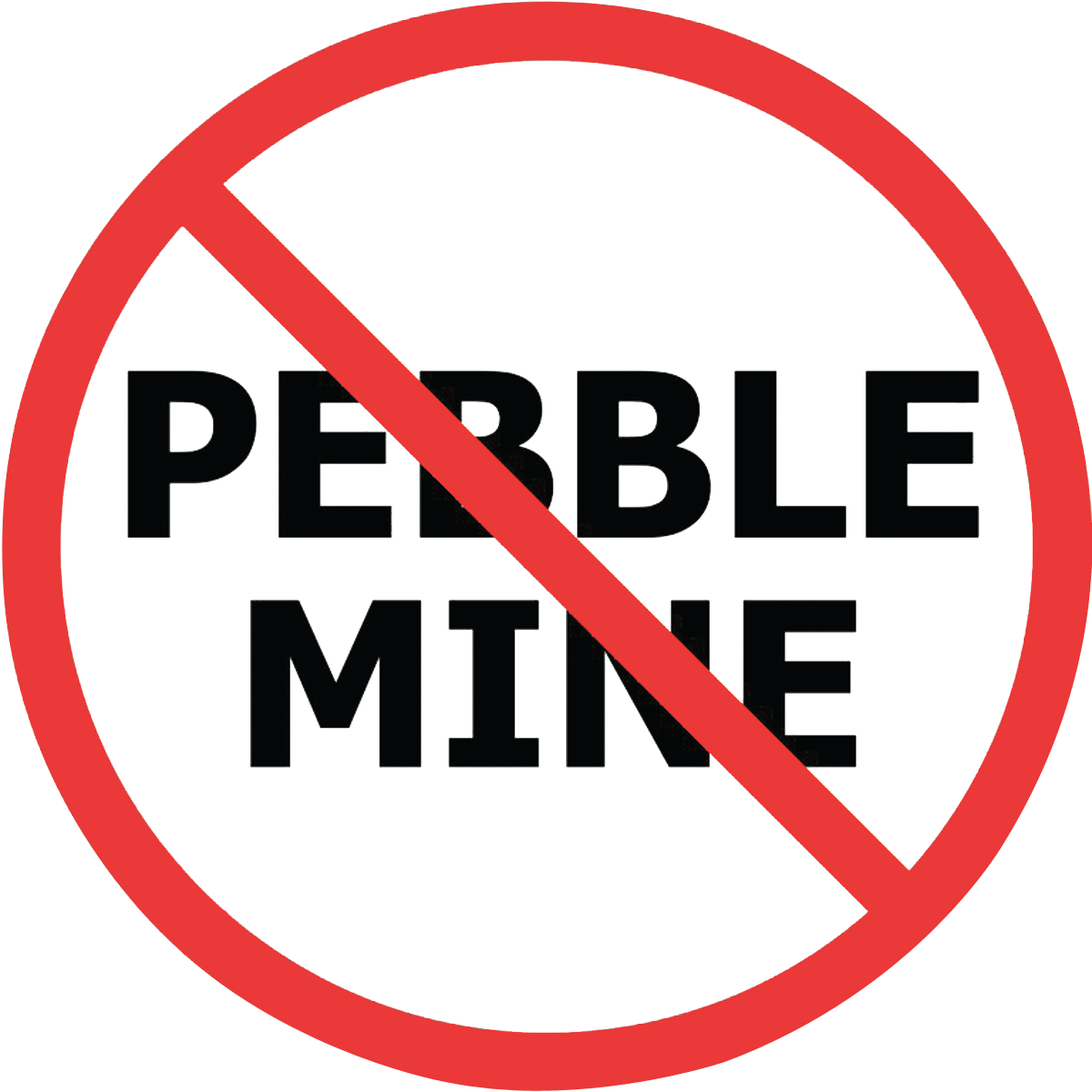This morning, Bristol Bay residents and business owners testified before Congress in Washington, D.C. to advocate for the fish, people, and jobs that are actively threatened by the proposed Pebble mine.
In front of the House Transportation and Infrastructure subcommittee on Water Resources and Environment, a Tribal member who is a lifelong commercial fisherman and subsistence user, a commercial fisherman, and a Bristol Bay lodge owner submitted written testimony and spoke about how each of their livelihoods would be drastically changed if Pebble were to be developed, and how the process to evaluate the project is fatally flawed. A mining industry expert and engineer also spoke about the problems with Pebble’s permit review process and Tiffany & Co. shared why they are one of many companies who have pledged not to source gold from Pebble if the project were to go through.
Watch the full hearing on the House Transportation and Infrastructure committee website.
While the proposal to develop Pebble would create the largest open pit mine in North America in the headwaters of Bristol Bay, the project would require a significant amount of infrastructure. Pebble proposes to introduce more than 80 miles of road, an ice breaking ferry, a 188-mile natural gas pipeline, and a deepwater port, all which carry their own impacts. This infrastructure makes it necessary for Pebble to expand to mine the full deposit in order to turn a profit, increasing environmental risk and increasing the economic viability for millions of neighboring acres of mineral deposits to be mined across the region.
These potential impacts - such as Pebble expanding to mine the full deposit - should have been accounted for in the Draft Environmental Impact Statement, released earlier this year by the U.S. Army Corps of Engineers. There are dozens of shortcomings like this. Instead, we were given an incomplete and poorly researched plan and analysis. (Click here to review issues with this key document, the DEIS.) Many state and federal agencies, scientists, organizations, businesses and 685,000 Americans took issue with the analysis that was put forward and leaves Bristol Bay at risk.
In their testimony, Bristol Bay representatives relayed the overwhelming inadequacies of the DEIS as one of many reasons Congress must provide oversight to the Army Corps’ permit review process of Pebble.
“Based on my experience the DEIS doesn’t even meet basic industry standards”
This hearing follows increasing calls for oversight of the permit review process that has gone off the rails and has been rushed for a project of the size of Pebble’s proposal. Elected officials including Alaska Senators Lisa Murkowski and Dan Sullivan have expressed concerns with the permitting process. They’ve urged strong science to be included in the review and issued stern warnings to the Army Corps that if scientific concerns cannot be addressed, Pebble’s permit should not be issued. Report language in the Senate Appropriations committee echoed this directive.
“The Corps have dismissed the tribes’ concerns and failed to provide the information necessary to meaningfully address impacts to our people.”
While directly addressing the issues with the permit review process, advocates from Bristol Bay also reminded committee members about the importance of keeping the fishery intact, and how Alaskans from a variety of different backgrounds and interests have stood united in their long-term opposition to the project.
“If our lands and waters are devastated, our people are devastated and can no longer exist.”
“The stakes are too high to cut corners and a foreign mining company has had far too much influence on a system that is supposed to protect the best interests of Americans. We should be doing everything we can to protect American jobs and existing thriving businesses, not squander them.”
“Bristol Bay salmon allows [my sons] to make a good living, and is something they are proud of.”
Residents of Bristol Bay should be the ones making decisions about the long-term future of their home lands and economic opportunities, not foreign-owned mining companies. Peer-reviewed science backs them up that Pebble’s plan cannot safely co-exist with the fishery in Bristol Bay. The Army Corps has not provided due diligence to defend the resources that have sustained the peoples of the region for thousands of years or existing industries.
This morning, the group of Alaskans traveled to D.C. most of all to communicate that they – and we – will continue to seek help from Congress until Pebble and the Army Corps are held accountable and the resources of Bristol Bay are protected.
Join them in writing your elected officials. Telling your representatives in Congress that Bristol Bay is a place of national importance, and no place for the proposed Pebble mine. Then, donate to the Save Bristol Bay campaign so we can continue to deliver local voices to our decision makers in Washington, D.C.

